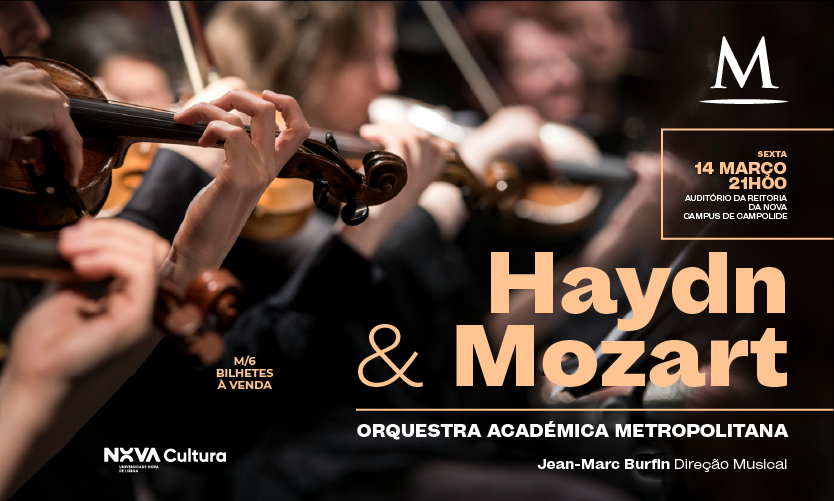In the Classical period, symphonies were not usually intended to convey stories or ideals. Music was self-sufficient. Yet, connections were always made.
When, in the summer of 1788, Mozart composed his final symphony, he never imagined calling it Jupiter, the name of the largest planet in the solar system, or of the Roman god, father of Venus and Minerva. The title is believed to have been given by J. P. Salomon, the German impresario responsible for Haydn’s two stays in London in the following years.
Interestingly, Haydn’s Symphony No. 101 was commissioned by Salomon in 1793. It later became known as The Clock because the London audience recognised the characteristic ticking sound in its second movement.
The overture of the opera Il mondo della luna followed a different path. In 1777, it celebrated the wedding of the youngest son of Prince Esterházy but was later transformed into the solemn first movement of Symphony No. 63.
Programme:
- Haydn – Overture to the opera Il mondo della luna
J. Haydn – Symphony No. 101, The Clock
W. A. Mozart – Symphony No. 41, Jupiter
Musical Direction: Jean-Marc Burfin and/or Conducting Students – ANSO
Free invitations for the NOVA community. Confirmations should be sent to relacoespublicas@metropolitana.pt by 6:00 PM on Tuesday, 11 March.


